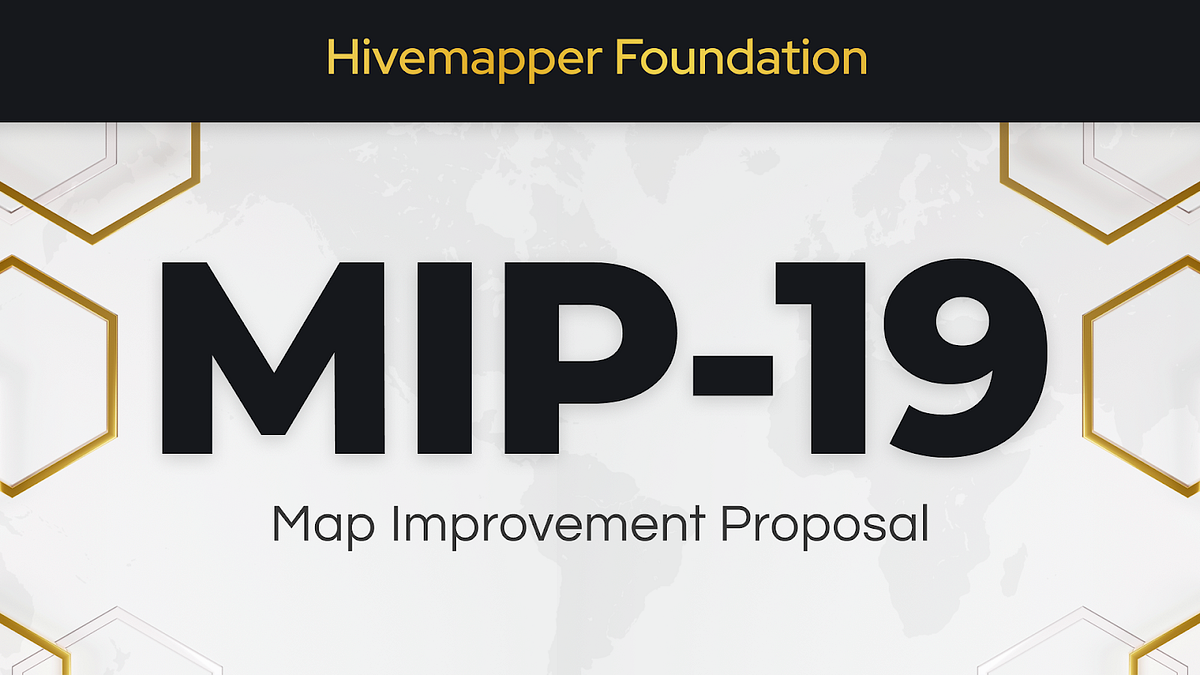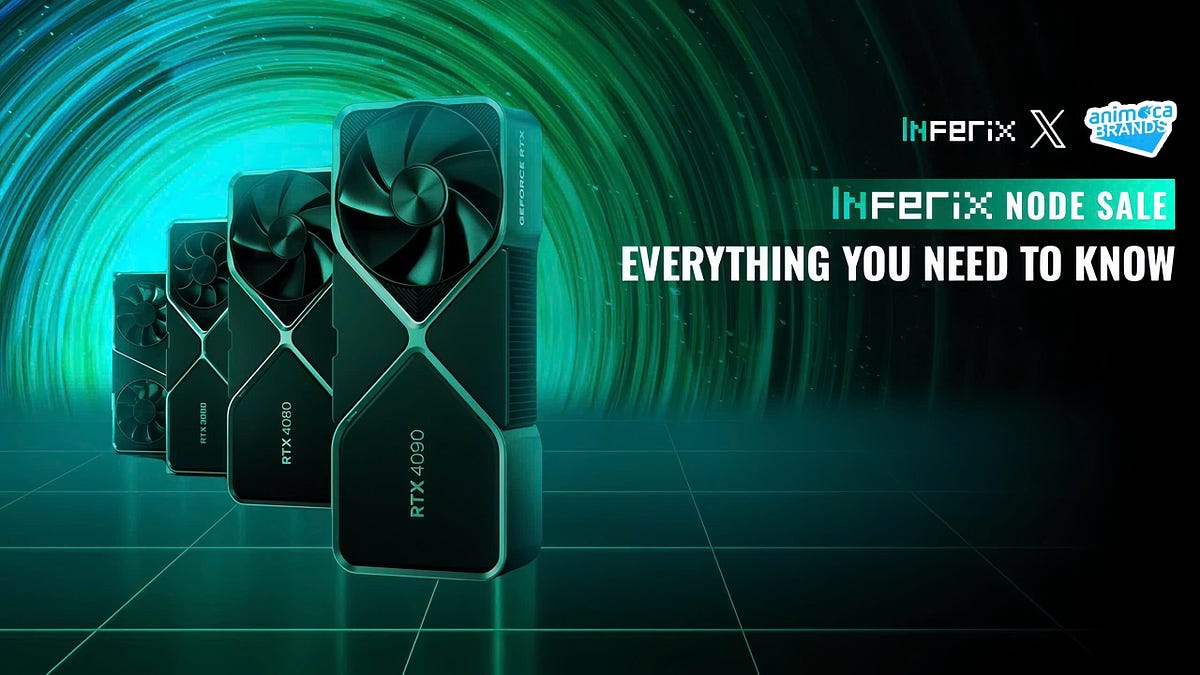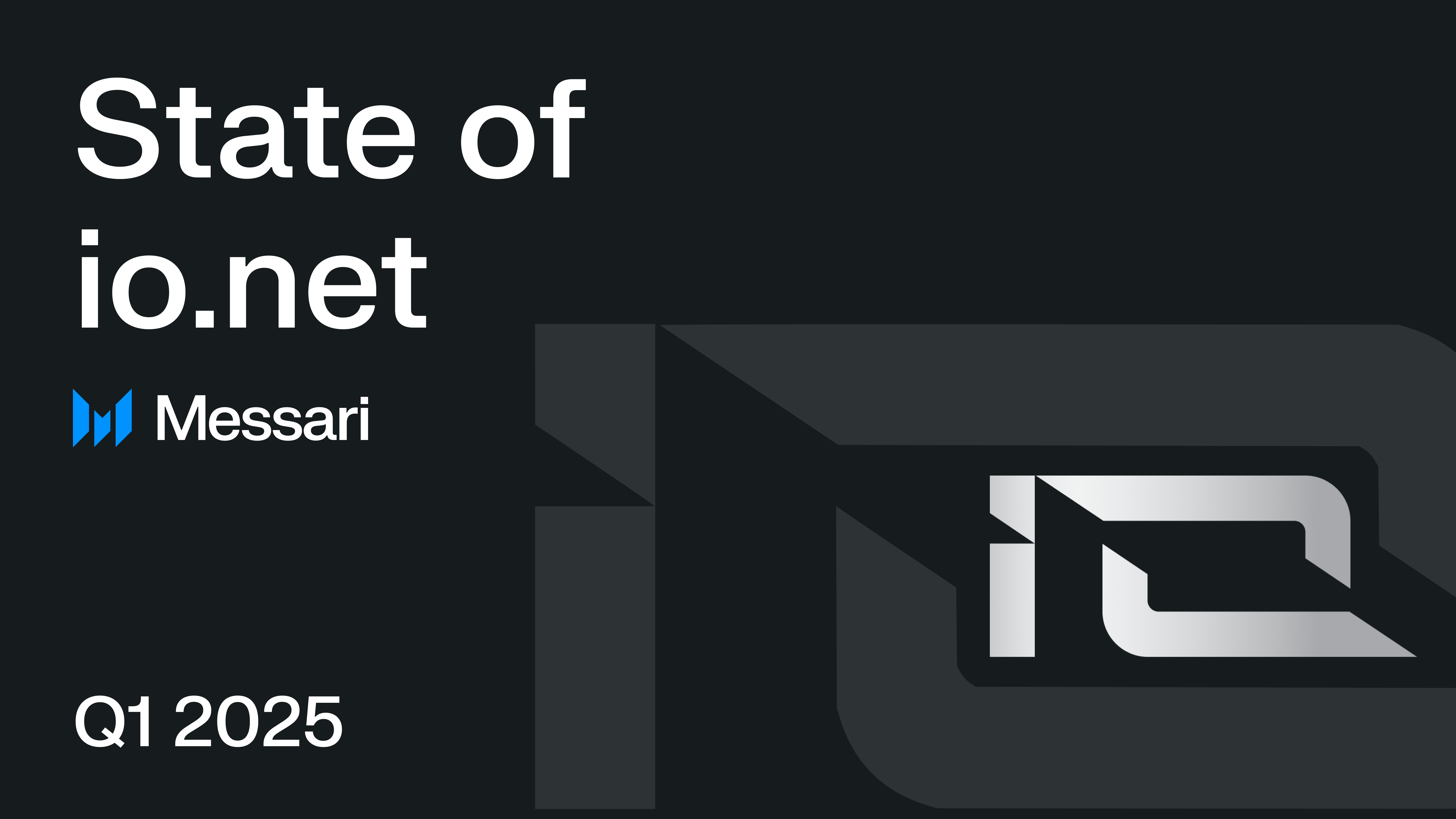Hivemapper Network Proposes Increase in Map Credit Prices to Enhance Value Accrual

Hivemapper Network has announced a proposal to increase the price of map credits from $0.005 to $0.0075, effective January 1, 2025. This adjustment is part of a strategy to stabilize the price of map data for end customers while ensuring that the value accrued from customer spending benefits the Hivemapper Network. Map Credits, which are generated by burning HONEY, play a crucial role in this ecosystem, as developers must redeem them to access network data. The proposed increase aims to enhance the deflationary trajectory of HONEY by allowing a greater share of revenue to flow back into the network, thereby supporting its long-term sustainability.
The Hivemapper Network operates on a Burn and Mint model, where map contributors earn HONEY for submitting data, while developers burn HONEY to access this data. This system is designed to balance supply and demand effectively. By raising the price of map credits, the network anticipates that developers will still find it viable to build value-added products, as the increased costs will be offset by the potential for higher profit margins. The leadership at Bee Maps, the first developer on the network, has expressed confidence that this price adjustment will not adversely affect network usage, indicating a manageable margin compression.
Community engagement is encouraged as the proposal moves forward. Members of the Hivemapper community are invited to share their thoughts and feedback during a comment period from November 26 to December 2, 2024. The Hivemapper Foundation emphasizes the importance of collaboration in refining the network’s design to achieve the goal of creating the world’s freshest map. This proposal reflects a commitment to both developer incentives and the overall health of the Hivemapper ecosystem.
Related News





